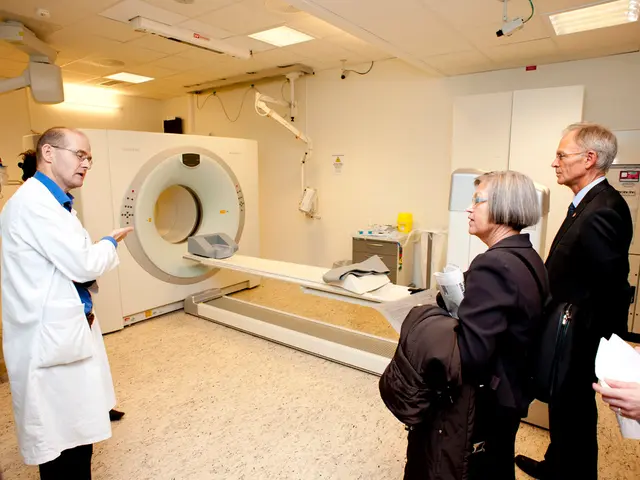Industrial Technology Bachelor's Degree: Paving the Way for Technical Professions
A Bachelor of Science in Industrial Technology integrates technical skills, management principles, and practical hands-on experiences to prepare graduates for diverse careers in industrial and manufacturing sectors.
The program emphasizes core technical competencies in areas such as drafting technology, lean systems, quality control, and manufacturing processes, combined with mathematics, science, and computing skills for complex problem analysis and solution design. This comprehensive approach equips students with the necessary knowledge to tackle challenges in the rapidly evolving technological landscape.
In addition to technical expertise, the program focuses on the application of management principles. Students learn about project planning, continuous improvement, operations management, and quality assurance to optimize industrial systems and workflows. This blend of technical and managerial skills prepares graduates for leadership roles in various sectors.
Hands-on training is a crucial aspect of the program, with students engaging in laboratory work, industrial practicums, internships, and capstone projects. These experiences allow students to apply theory to real-world scenarios, develop teamwork and communication skills, and gain familiarity with modern tools and technologies.
Career opportunities for graduates are vast, spanning roles such as Industrial Technology Specialist, Process Improvement or Lean Engineers, Quality Control Engineers, Manufacturing Engineers or Technicians, Operations and Production Managers, and Drafting and Design Technicians. These roles exist across manufacturing, construction, engineering services, supply chain management, and technology sectors, often involving system optimization, automation integration, maintenance oversight, and project management responsibilities.
The program's outcomes ensure graduates are adept at both technical execution and managerial decision-making, ready to address evolving industrial challenges while engaging in lifelong learning and leadership development. However, students may face challenges in terms of collaboration with peers and instructors, requiring strong communication, teamwork, and conflict resolution skills.
Despite these challenges, the job market demand for industrial technology professionals remains strong, with employment opportunities projected to grow 4% from 2019 to 2029. Technical courses emphasize practical applications in engineering and technology, while management courses focus on developing leadership and organizational skills. Graduates may find career pathways in various roles such as production management, quality control analysis, supply chain coordination, automation engineering, and project management.
In conclusion, a Bachelor of Science in Industrial Technology offers a comprehensive education that prepares students for a wide range of careers in the ever-evolving industrial technology field. With a focus on technical skills, management principles, and hands-on experiences, graduates are well-equipped to tackle complex challenges and contribute to the continued growth and development of the industry.








